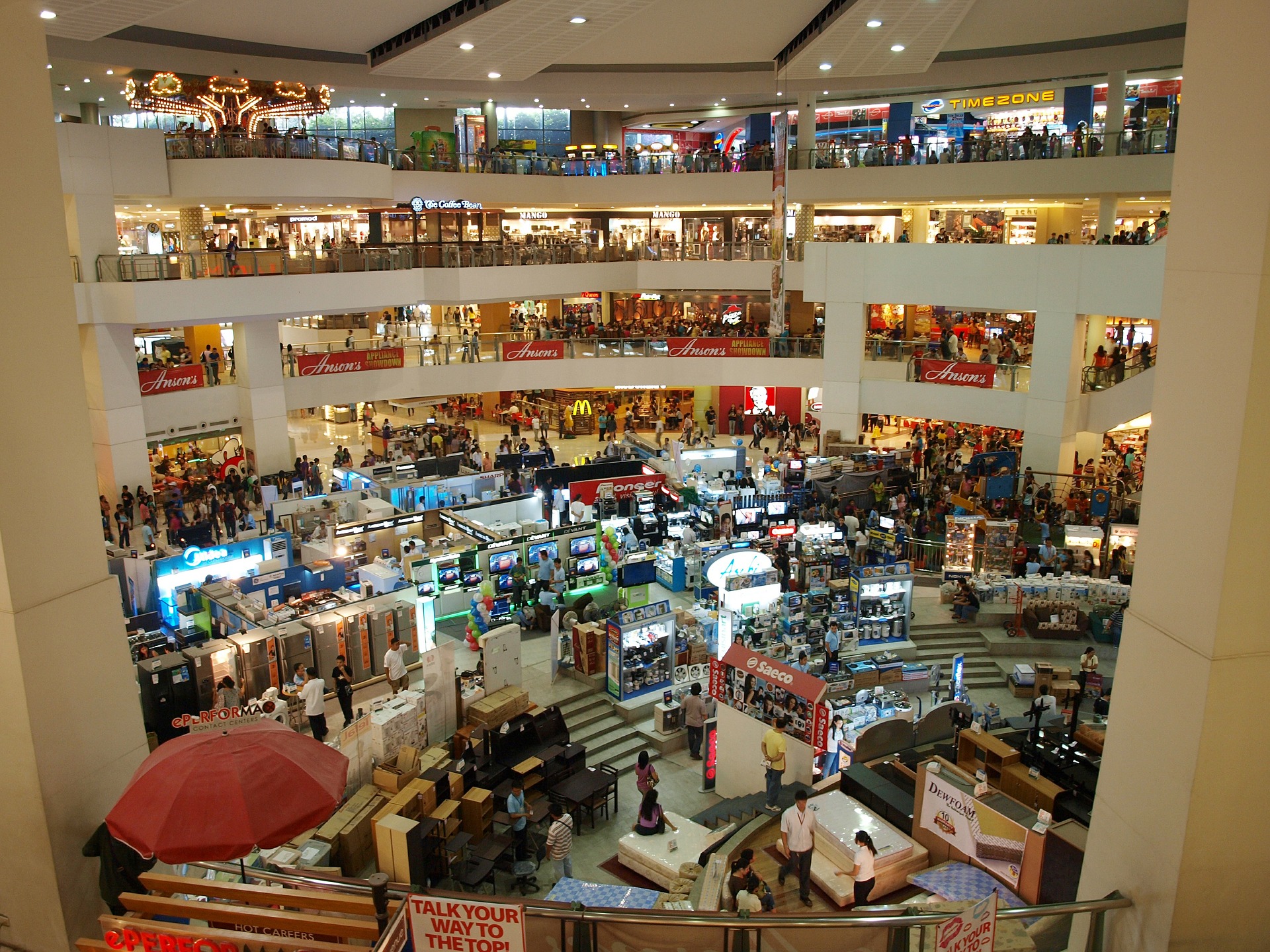Millennials are constantly in the news these days, whether it’s because of their lifestyles, political views or fashion tastes, and they are often ridiculed or labelled as spoilt and lazy by the mainstream media. While there is no exact definition of what the term “Millennial” means, most people take it to mean someone born between the years 1980 and 2000.
A recent article in the Metro argued that Millennials, rather than their lazy and entitled reputation, are actually far more likely to have put themselves through further education than any other generation, despite the huge costs this now entails. The one-dimensional image of Millennials presented by so many outlets is beginning to look increasingly outdated. Millennials make up a huge part of the economy, and businesses must be more open to attempting to appeal to this generation if they wish to stay relevant and profitable in the long term.
According to the analytics firm GlobalData, retailers in particular need to look at ways of appealing to both Millennials and post-Millenials, as it will be these two cohorts who redefine the retail industry’s future. GlobalData explain that retailers must look at the shopping preferences of Millennials and similar groups and adapt their approach accordingly.
A Digital Approach
Millennials may be the first generation to wholeheartedly embrace e-commerce platforms and retail apps, but over 50% of all their purchases are still made in traditional bricks-and-mortar shops. While a strong online and social media presence is vital these days, many retailers are failing to provide fully integrated digital services. Apps are a great way to engage Millennials, but things like in store media displays or facilities are still relatively rare in British retail establishments, especially smaller ones. Experienced firms such as https://moodmedia.co.uk/in-store-music-for-business/ work with retailers and other businesses to use technology to enhance the in-store experience.
The Shopping Experience
Research shows that Millenials are more likely to demand an immersive retail experience than older groups. They are drawn to strong brands and favour stores with entertaining environments. They are more likely to choose stores with, for example, in-store cafes and other facilities. Retailers need to learn how to offer a full all-round experience to Millennial consumers in order to avoid being left behind. Being seen as old-fashioned and providing poor customer service can be a death knell for retailers, even established ones.






